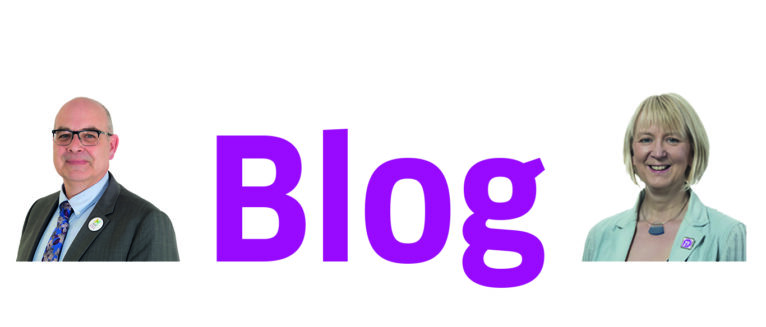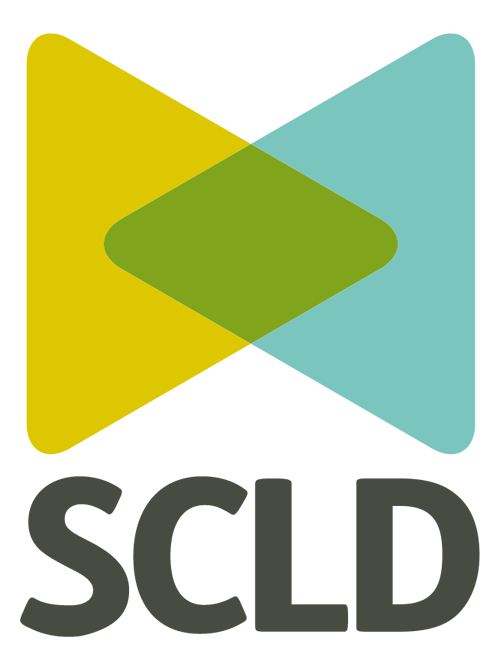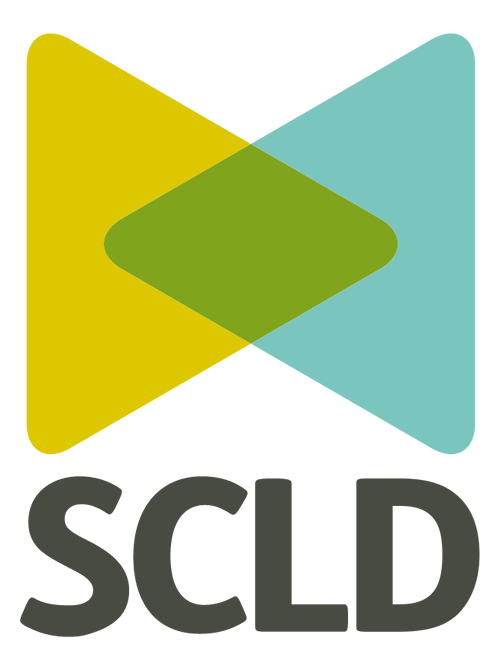
Unlocking the door to children’s human rights
2020 has been a tumultuous year for all of us. The Coronavirus Pandemic has presented considerable new challenges that SCLD and PAMIS believe have disproportionately impacted all disabled people, including people with learning/intellectual disabilities.
Despite this, there have been some opportunities for hope including Scotland’s ongoing commitment to becoming a children’s rights respecting nation. We continue to see considerable steps being taken towards ensuring that the rights of children and young people are respected, protected, and fulfilled. This includes the Children (Equal Protection from Assault) Act 2020 which, when enacted in November 2020, will protect children from physical punishment.
Central to Scotland becoming a children’s rights respecting nation is the landmark United Nations Convention on the Rights of the Child (Incorporation) (Scotland) Bill. When passed and enacted this bill will, for the first time, commit Scotland’s public authorities to protect the human rights of children and young people. It will also allow complaints to be made in Court when it is believed that there have been violations of children and young people’s human rights.
This legislation will therefore begin to unlock doors to realise human rights which have remained bolted shut for children and young people with learning/intellectual disabilities for far too long. SCLD and PAMIS are continually reminded of the lack of realisation of human rights in cases where society has not questioned the restraint, exclusion and isolation of children and young people with learning/intellectual disabilities, and in particular, those with profound and multiple learning disabilities (PMLD). We are reminded of the experience of a child who between the ages of 5 and 10 years old had been restrained and secluded 30 different times at several schools. This included being locked in a cupboard and on a separate occasion being left in a dark tent with lights off in the headteacher’s office, said to help him address his sensory overload.
Sadly, we know this child’s experience is not rare. Research published by PABSS & the Challenging Behaviour Foundation in 2019 showed that 88% of the 204 respondents to their survey said that their disabled child had experienced physical restraint and 35% said this took place frequently.
Much as this group has remained invisible within our communities and society, so has the endemic and institutional disregard to their rights. These can be evidenced in the health inequalities children and young people with learning/intellectual disabilities experience, the lack of support they receive to pursue educational opportunities and the struggle they face in achieving meaningful transitions into adulthood, both in employment, lifelong learning and in having meaningful relationships.
The United Nations Convention on the Rights of the Child (Incorporation) (Scotland) Bill has the potential to unlock the doors, both visible and invisible, but for this to be achieved we must first make sure that no child is left behind. This will mean strengthening the existing draft Incorporation Bill to ensure equality of access to the protections offered by incorporation.
It is therefore essential that there is a duty in the bill to ensure that children and young people with protected characteristics (including learning/intellectual disabilities) are educated and informed about their rights and how to make complaints. We believe this duty will need to be accompanied by financial resources to allow those working with these children and young people to implement UNCRC awareness-raising programmes.
Action must be taken to ensure that children with learning/intellectual disabilities will benefit from the incorporation of the Convention equally with their peers. These rights are human rights. We are not asking for anything in addition to the rights all children should enjoy but we need to ensure that these bolted doors are now opened for this and future generations of children and young people with learning/intellectual disabilities.
You can read our full response to the Equality and Human Rights Committee Inquiry on the UN Convention on the Rights of the Child (Incorporation) (Scotland) Bill here.
Jenny Miller, Chief Executive Officer, PAMIS and Charlie Macmillan, Chief Executive Officer, SCLD


